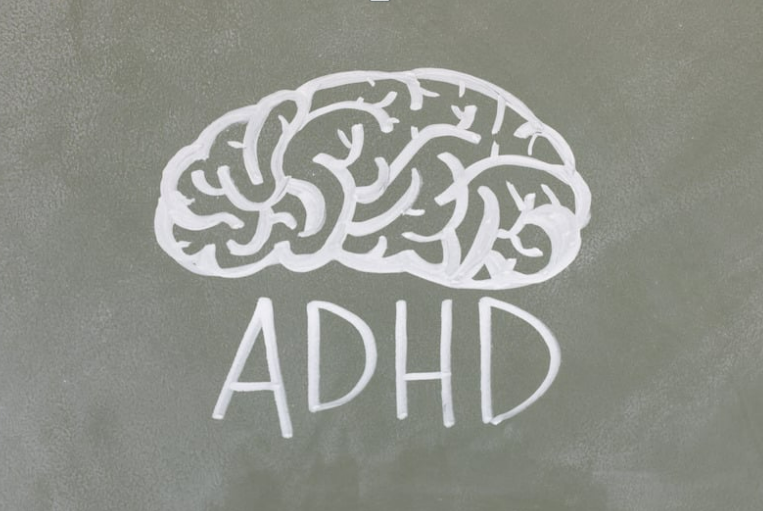| Attention problems are an area of concern that can cause quite a bit of disagreement between teachers and parents, and even within families. Sadly, there is no medical test available to diagnose attention deficits conclusively. Therefore, accurate diagnosis requires a comprehensive evaluation to rule out other causes for the behavior, consider normal developmental trends, and to determine if there are other co-occurring conditions. Many families are told their child has an attention deficit by a teacher, or after completing a short rating scale. While these may sometimes be good sources of information, I provide a full assessment of processing strengths/ weaknesses, emotional status, and behavioral indicators that would confirm or disconfirm that hypothesis. As the diagnostic criteria dictate, developmental and educational history are equally as important as the data obtained in direct assessment. I work with families that want to rule out other causes before accepting this diagnosis, and certainly before considering medication. I enjoy being a resource to families who are frustrated by their child’s inconsistent behavior and seeming lack of motivation; and to find ways to address discipline that allows for the flexibility these students need. On the other hand, there are times when parents see problems with organization, flexibility of thought, planning, and summarizing but schools do not agree that there is a real issue at hand. Assessment can help determine if these are legitimate educational issues that need to be accommodated or remediated, and to consider the extent of such challenges. In addition to diagnostic assessment, I have pre- and post-testing tools available that can help families evaluate the effectiveness of medication or other treatments. |
